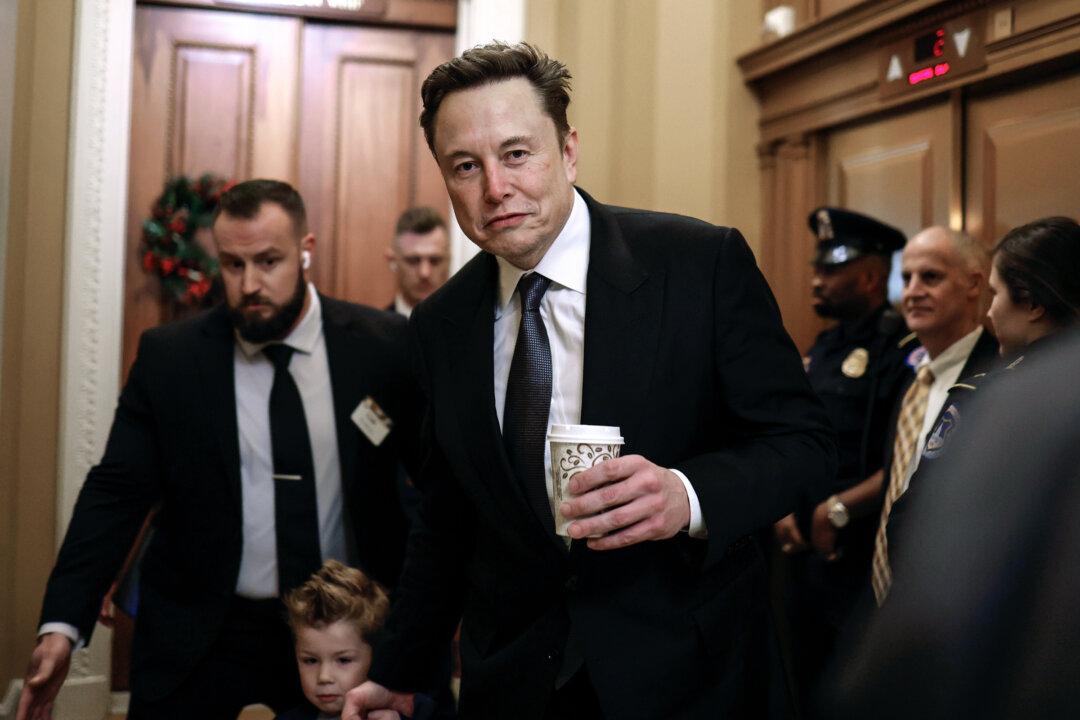Elon Musk’s plan to host Alice Weidel—the leader of Germany’s right-wing Alternative for Germany (AfD) party—in a live interview on his social media platform, X, on Jan. 9 has sparked calls from European Union leaders for the European Commission to intervene.
The interview will take place ahead of Germany’s national election on Feb. 23.





